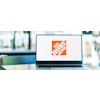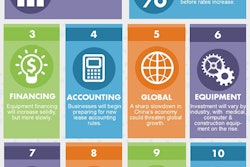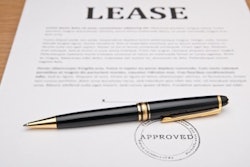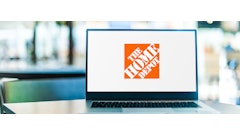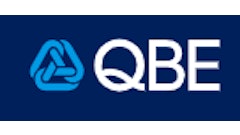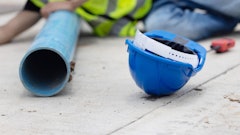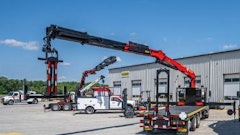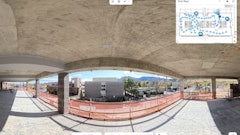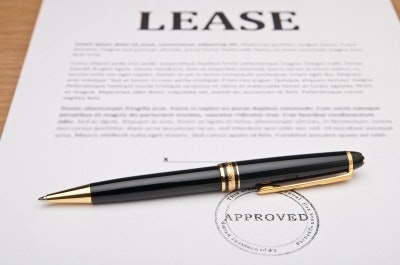
This article was written exclusively for ForConstructionPros by small business loan provider Balboa Capital.
Business owners, project managers and general contractors in the construction industry know that heavy equipment can be quite costly. The benefits and potential financial risks of acquiring new or used equipment should be clearly determined before any decisions are made. And just like any large capital investment, every detail of the transaction must be accounted for and double-checked. When a construction business needs to acquire new or used equipment, everyone involved needs to know what the best options are. That’s because heavy equipment tends to depreciate the more it is used and the older it gets. To save money and preserve credit lines, many construction companies are opting to finance their heavy equipment instead of making a cash purchase or taking out a business loan. Here is a closer look at several types of leases contractors should consider taking advantage of when it comes to equipment financing.
Fair Market Value Lease
One of the most commonly selected equipment leases for businesses is the fair market value (FMV) lease. This type of lease provides several options for business owners at the conclusion of the agreement, such as returning the equipment, renewing the lease or purchasing the equipment for its current fair market value. Construction businesses that choose this type of lease do so when acquiring equipment that tends to quickly depreciate in value. For example, a piece of heavy equipment that is used on a continual basis will help you finish jobs in a timely manner, but its repeated use will result in rapid depreciation and, in some cases, the need for costly repairs. With an FMV lease program, construction businesses can upgrade to a new piece of heavy equipment in an easy and cost effective manner.
Dollar Buyout Lease
Selecting a dollar buyout lease allows lessees the option to purchase the leased equipment for one dollar at the end of the lease’s conclusion. This is a popular choice for lessees who are planning to retain the leased equipment at the conclusion of the agreement. General contractors who plan on keeping heavy equipment for long periods of time (after their lease ends) often choose the dollar buyout lease. Smaller lease payments, compared to making one large purchase, free up working capital and allow construction companies to allocate funds for other important business initiatives.
Wrap Lease
A wrap lease is a common choice for current lessees who wish to lease new equipment. Lessees can consolidate their remaining payments and roll them over to a new lease with additional equipment. Construction business owners often need to acquire new equipment, and this lease option provides an opportunity to simplify the process. For example, if a construction company has an immediate need for a new skid steer, it can be financed with an existing lease to consolidate multiple payments into one regular payment. This is a great option because larger and more robust construction equipment is sometimes needed for highly specialized or involved projects. Additionally, unexpected equipment malfunctions with existing equipment can sometimes occur.
Refinance Program
Construction business owners who want to refinance hard equipment (does not include software, leaseholds or obsolete equipment) can do so with a refinance program. Payment history will be verified, and typically the required minimum amount to be refinanced is $10,000. Of course, this amount will vary depending on the equipment financing company you choose. Prices for machinery and vehicles run into the tens of thousands of dollars and beyond. So, a refinance program affords construction businesses the convenience of payments that are more manageable given their budget parameters.
Sale Leaseback
A sale leaseback is a sound solution for construction businesses that have recently purchased new or used equipment. With this program, construction businesses can sell a piece of equipment to another company and then lease it back by making regular payments. Sale leasebacks are a great way to raise capital while having the option to use the previously-owned equipment.
Being aware of the different types of leasing programs allows construction industry professionals and businesses to make better decisions regarding their capital equipment needs.

